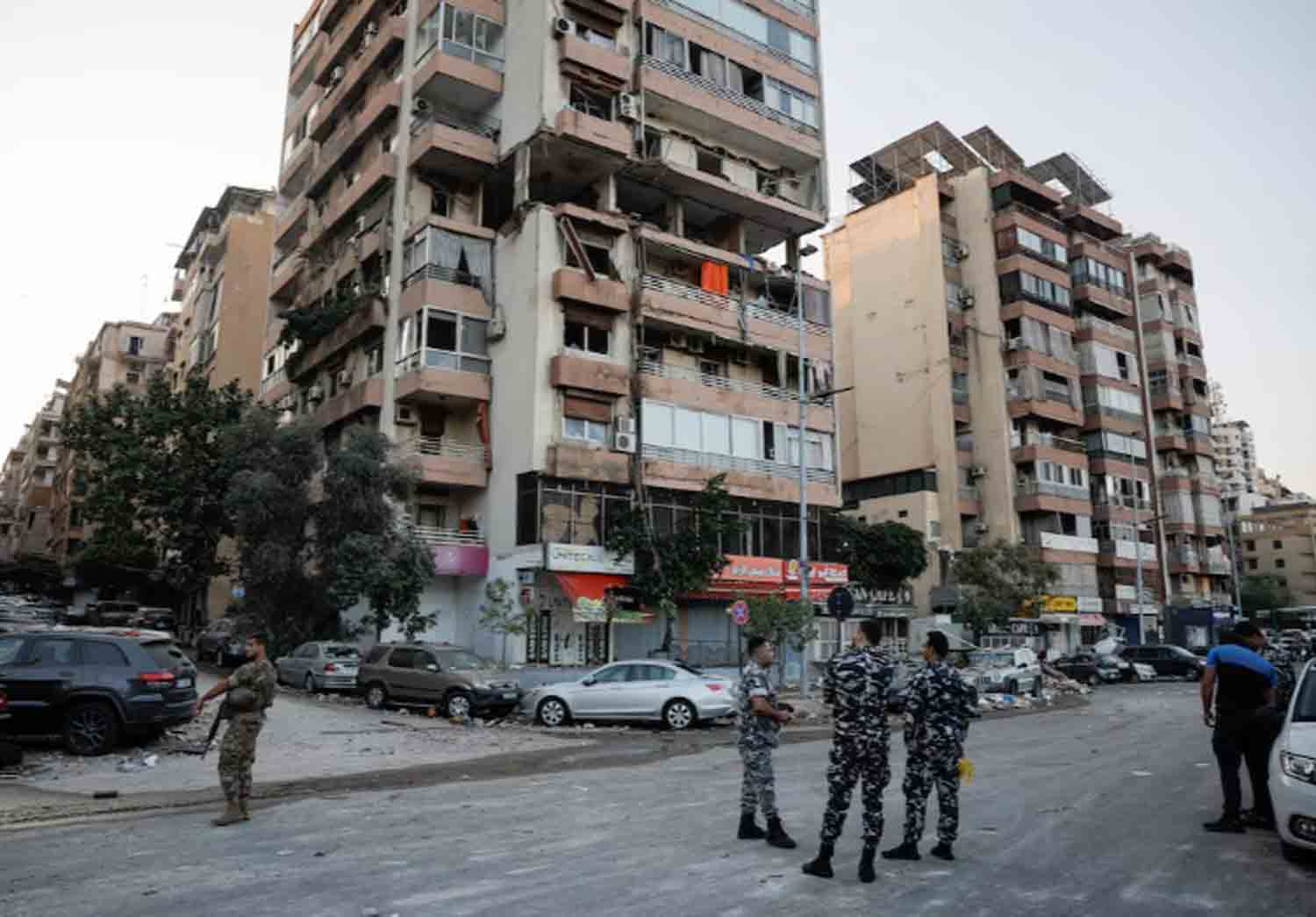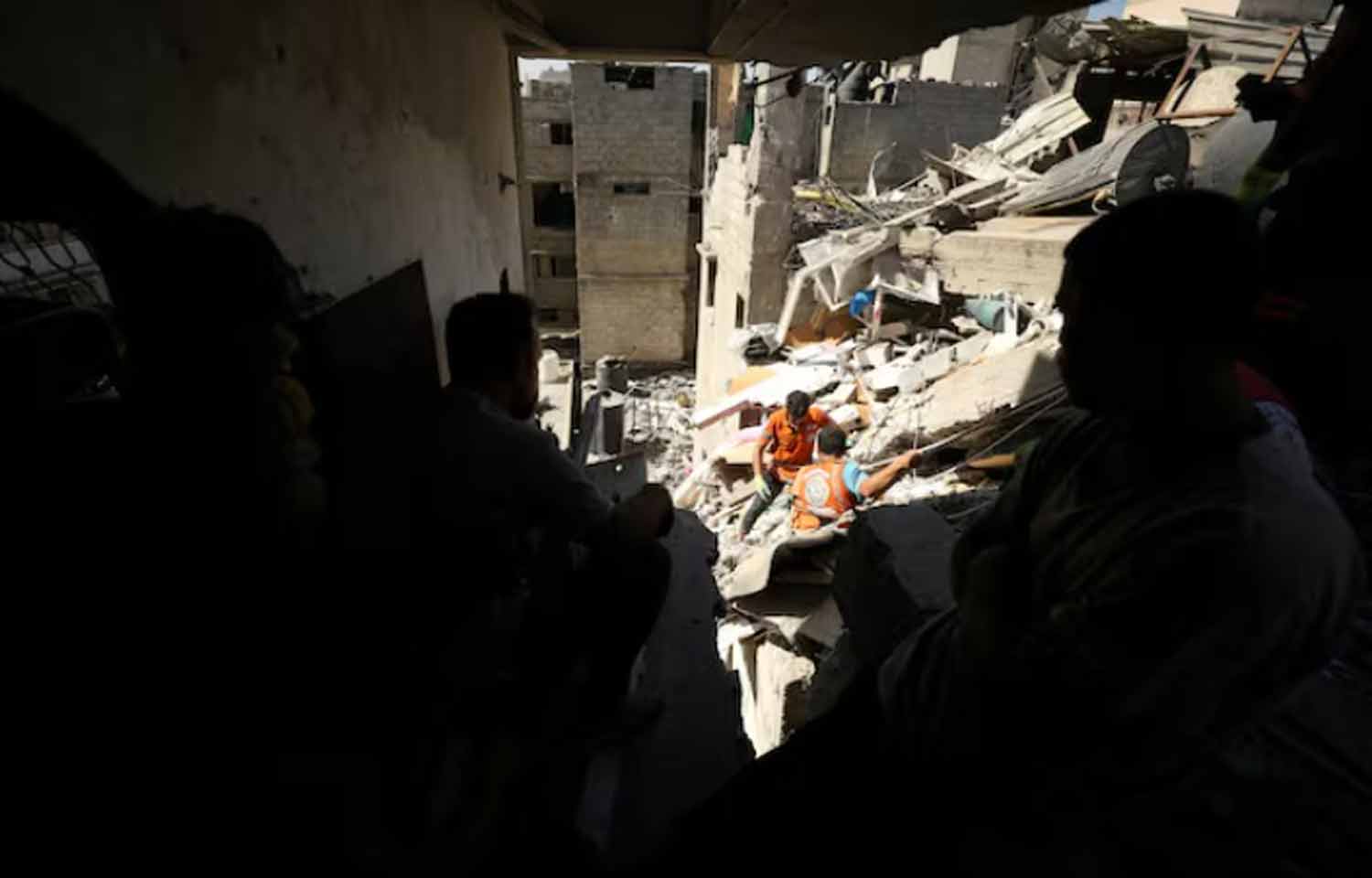The rapidly evolving situation in the Middle East defies accurate prediction. However, it appears that the martyrdom of Hassan Nasrallah and the severe assaults on Hezbollah in Lebanon have allowed Israel to gain an advantage in the Gaza conflict. This development may lead to a direct confrontation with the militant group’s backers in Iran. Nevertheless, Israel’s persistent aggression seems to reflect its military setbacks, which must be carefully evaluated.
Western analysts suggest that the recent Israeli actions in Lebanon have initiated significant shifts in the regional power landscape, indicating a perception that Hezbollah no longer poses a threat to Israel. Despite requests from U.S. officials for Israel to de-escalate tensions with Hezbollah in Iran and Lebanon, the limited capacity of the U.S. to influence Netanyahu’s military approach has resulted in Israel responding to Iranian missile strikes with direct attacks on Iran, potentially igniting a larger conflict.
altering the geopolitical landscape
Israeli Prime Minister Benjamin Netanyahu stated on Saturday that the assassination of Hezbollah leader Hassan Nasrallah would mark a pivotal shift in the regional power dynamics, a strategic move aimed at altering the geopolitical landscape of the Middle East. However, viewing this as a pathway to total victory for Israel is unrealistic, and those who aspire for complete domination will ultimately face disappointment.
Since September 17, Israel has consistently targeted the Iranian-backed militant group in Lebanon, beginning with disruptions to communication systems and escalating to severe airstrikes in southern Beirut, which resulted in the death of senior commander Ibrahim Aqil. Over the course of three days of bombardment, approximately two thousand individuals lost their lives, including the death of Aqil. By Friday evening, when Hassan Nasrallah was killed in a bombing, the entire leadership of Hezbollah had been decimated. Nevertheless, despite these significant losses, resistance continues within Gaza and Israel.
Recent history serves as a series of harsh lessons for Israeli leaders, while those in Lebanon and the broader Middle East with grand aspirations for significant change should reflect on past events. In June 1982, Israel launched an invasion of Lebanon aimed at dismantling the Palestine Liberation Organization, with hopes of establishing a Christian-majority government in Beirut and expelling Syrian forces. Ultimately, these objectives were not realized. Although the U.S.-backed agreement did succeed in persuading Palestinian armed groups to exit Lebanon, leading to their exile in places like Tunisia and Yemen, it did not achieve the goal of suppressing Palestinian national aspirations.
determination of Palestinians remains strong
Just five years later, the first Palestinian intifada broke out in Gaza and spread to the West Bank. Despite enduring a prolonged period of violence, the determination of Palestinians in Gaza to oppose Israeli occupation remains as strong as it was on the initial day of the uprising. At the time of the 1982 invasion, Israel’s primary ally in Lebanon was Bashir Al-Gemayel, , the Maronite Christian militia leader elected by parliament, who was assassinated in a bombing in East Beirut before he could assume office, followed by his brother Amin. In May 1983, with U.S. support and involvement, Lebanon and Israel sought to establish normal diplomatic relations under Amin’s leadership. However, significant opposition led to the collapse of Amin’s government in February, necessitating the cancellation of the agreement.
The United States deployed troops to Beirut following the Sabra and Shatila massacres in September 1982 but was compelled to withdraw in October 1983 after two bombings targeted its embassy, which was linked to US Marines and French military barracks. This withdrawal reignited the civil war in Lebanon, which persisted for over six years. Syrian forces, initially entering Lebanon in 1976 under an Arab League mandate as a “deterrence force,” remained until 2005, following the assassination of former Prime Minister Rafiq al-Hariri. However, the most notable outcome of the 1982 Israeli invasion was the emergence of Hezbollah, which engaged in a fierce guerrilla campaign that ultimately led to Israel’s unilateral withdrawal from southern Lebanon.
This marked the first instance of an Arab military force successfully compelling the Israeli army to retreat. Unlike the Palestine Liberation Organization (PLO) militants, Hezbollah, with support from Iran, has demonstrated a significantly higher level of lethality and effectiveness. During the 2006 conflict, Hezbollah continued to resist Israeli forces and gradually strengthened its position with Iranian assistance. Although Hezbollah currently faces challenges and disorganization, largely due to US intelligence infiltration, its future remains uncertain, making any predictions premature.
stark reality
The situation in the Middle East has been shaped by various conflicts, including the 2003 US invasion of Iraq, alongside the ongoing tensions between Lebanon and Israel. The anticipated overthrow of authoritarian regimes in Damascus was expected to lead to a wave of liberal democracies across the region. However, the reality was starkly different; the US occupation of Iraq resulted in rampant sectarian violence, costing the US dearly in both lives and resources, while the Iraqi populace suffered even greater losses. The removal of Saddam Hussein allowed Iran to deepen its influence within Iraq’s political framework, as al-Qaeda, weakened by the US invasion of Afghanistan, sought refuge in Iraq’s Sunni regions. This environment ultimately facilitated the rise of ISIS in both Syria and Iraq.
During the 2006 conflict between Israel and Hezbollah, then US Secretary of State Condoleezza Rice remarked that the violence and devastation were merely the labor pains of a new Middle East. However, the outcomes of these conflicts have contradicted her assertions. Today, caution is warranted regarding those who proclaim the arrival of a new era and a redefined balance of power in the region. Analysts describe Lebanon as a “black hole” within the Middle Eastern landscape, capable of defying expectations and yielding unforeseen consequences.
global war
Lebanon has endured relentless Israeli bombardment for much of the past year, as reported by the United Nations. This military action, supported by the United States, has resulted in the deaths of hundreds of innocent civilians and the displacement of over a million individuals. Recently, the situation escalated when the Israeli army conducted ground force exercises in southern Lebanon.
Since September 23, Israel has shifted its focus back to airstrikes in the Beqaa Valley, targeting various regions, including urban areas and suburbs. The Middle East Coordinator has once again alerted the Security Council, stating that the world is on the verge of catastrophe, highlighting the ongoing crisis in the Israel-Palestine conflict. Immediate action from the international community is essential to bring an end to this prolonged conflict, ensure the unconditional release of all prisoners and hostages, and facilitate safe and unrestricted humanitarian access to Gaza.
During a briefing at the Security Council, delegates discussed the situation in the Middle East following the attack on October 7. The 15-member body condemned Israel’s assault on al-Ahli Arab Hospital in Gaza on October 17, urging an end to Hamas’s resistance and warning of a potential escalation in regional conflict. A meeting was convened before October 16 to negotiate the terms of a humanitarian ceasefire, but the organization was unable to pass a resolution on either occasion. Tor Wennesland, the Special Coordinator for the Middle East Peace Process, expressed concerns via video link from Doha, indicating that the world stands on the edge of a perilous abyss. He warned that without timely and decisive action to address these conflicts, the entire globe could be drawn into war.
Discover more from Defence Talks | Defense News Hub, Military Updates, Security Insights
Subscribe to get the latest posts sent to your email.





